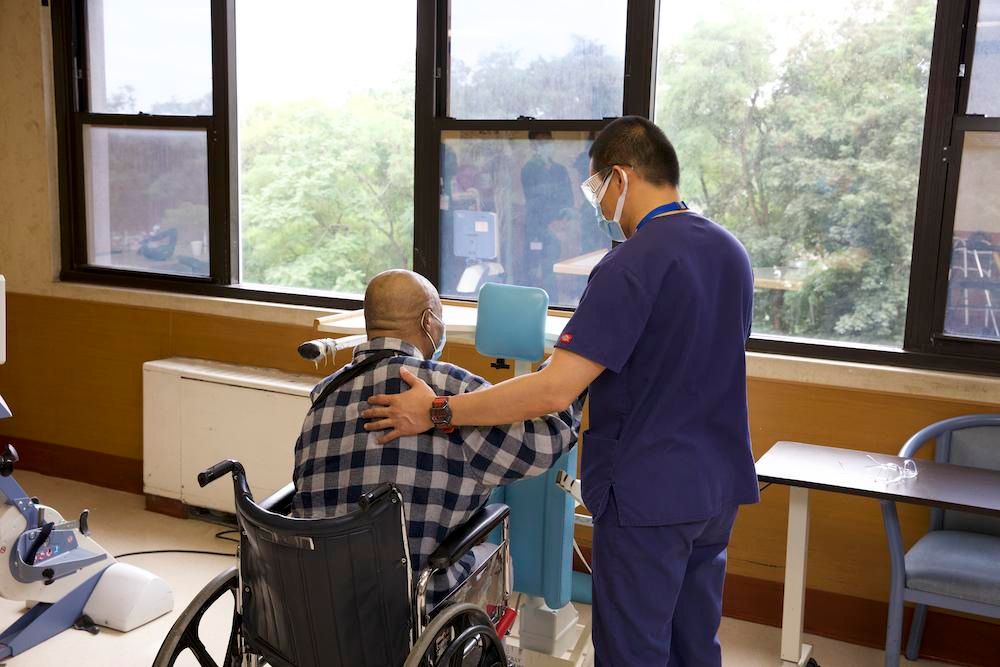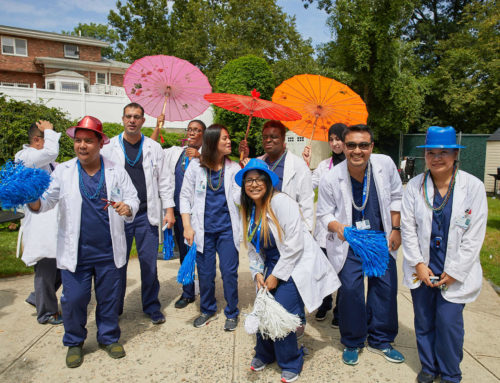Resist These to Speed Up Recovery After Surgery
After surgery, your doctor will discuss things to do and avoid after your specific surgery. Though you should follow your medical team’s advice, a few rules are recommended after every procedure and injury. These include resisting certain activities and foods to ensure your body adapts and heals. Taking such measures will speed up recovery after surgery and resume your former lifestyle much sooner.
Of course, a few lifestyle alterations likely aren’t enough to fully recover for some patients, especially the elderly and those immunocompromised. For those, your doctor may recommend post-surgery care, which includes a customized plan to prevent complications or other issues. It may also require nursing care, continuous check-ups, and rehab therapies to meet physical and emotional needs.
The following sections offer more information on improving healing after any surgical procedure.

Speed Up Recovery After Surgery
To improve post-surgery recovery, a few simple alterations are recommended. These include changing eating habits, choosing the proper physical activities, and reducing stress. We’ll discuss each of these three factors below.
Resist your favorite food to reduce inflammation
Inflammation is a normal aspect of healing, but ways to reduce prolonged swelling are available. The best way is to watch what you’re eating since several foods can increase inflammation. These include unhealthy items like sweets, processed and fried foods, and refined carbohydrates. Fatty substances, such as margarine, shortening, or lard may also contribute to excessive swelling. Avoid eating meats, dairy and refined grains.
To speed up recovery after surgery, resisting eating these items is essential. You can also reduce swelling by choosing anti-inflammatory plant-based options, like veggies, greens, and fruits.
Dehydration is another possible issue after surgery, so drink plenty of water.
Avoid intense exercises
Your physical therapist may recommend sitting up, standing, or walking within a day or two after surgery. Doing so prevents blood clots, constipation, and other possible complications that could slow healing while improving circulation.
Despite how quickly you’re expected to get up and moving, don’t overdo it. Pushing yourself too hard can damage the surgical area. Mild exercises are best, like short walks around your home. Your physical therapist will recommend other activities you can do safely in rehab sessions or at home.
Avoid stress for better rest
Studies have shown that stress affects how the body heals from surgical wounds and other injuries. Causes of stress include hospital stays, pain or discomfort, or the inability to resume your former life immediately after surgery. When stressed, healing slows, and the risk of inflammation or infection increases.
Reducing stress is the best way to speed up recovery after surgery. When the body and mind are relaxed, you can rest comfortably, allowing your body to repair itself. Discuss relaxation methods with your medical team and ask loved ones for help when needed. Proper sleeping habits, like regular bedtimes and 8-9 hours of sleep a night, are also crucial for recovery.
Resources:
https://www.health.harvard.edu/staying-healthy/foods-that-fight-inflammation
https://www.hss.edu/conditions_nutrition-for-healing.asp
https://www.ncbi.nlm.nih.gov/pmc/articles/PMC3052954/
This article contains informational and educational materials and does not replace health or medical advice. For questions or concerns regarding your medical condition or health objectives, speak to a qualified physician or healthcare provider.






Leave A Comment